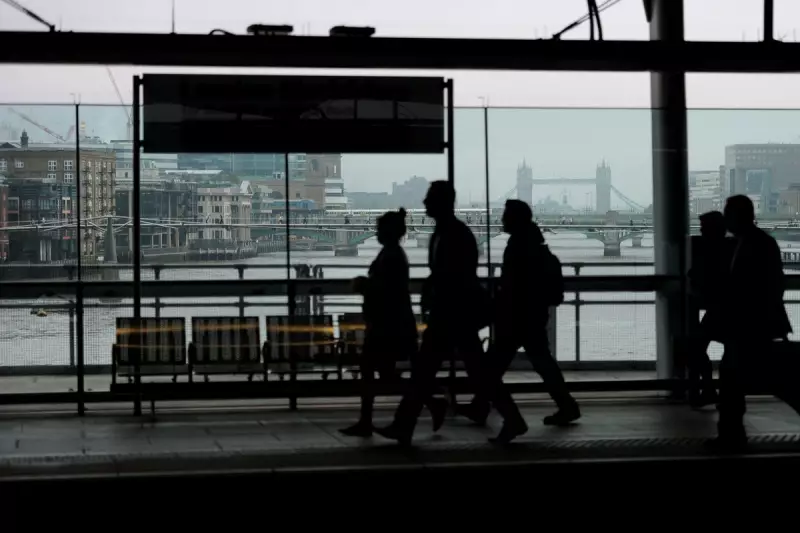
Household savings in the UK have hit a historic low as families grapple with soaring living costs and financial pressures, new figures from the Office for National Statistics (ONS) reveal.
The savings ratio – which measures the proportion of income saved rather than spent – dropped to just 1.7% in the first quarter of 2024, marking the lowest level since records began in 1963.
Why Are Brits Saving Less?
Economists point to several key factors driving this trend:
- Persistent inflation eroding disposable incomes
- Higher mortgage and rent payments
- Increased energy and food bills
- Stagnant wage growth failing to keep pace with costs
Bank of England Concerns
The Bank of England has warned that dwindling savings could leave households more vulnerable to economic shocks. With many Brits dipping into savings or relying on credit to cover essential expenses, financial resilience appears to be weakening across the population.
ING economist James Smith commented: 'These figures paint a worrying picture of household finances under strain. Without adequate savings buffers, even minor economic setbacks could push many families into financial difficulty.'
Regional Variations
The ONS data shows significant regional disparities:
- London residents maintained slightly higher savings rates (2.1%)
- Northern regions saw the sharpest declines
- Younger households are saving significantly less than older demographics
As the cost of living crisis continues, experts predict further pressure on household budgets, potentially leading to even lower savings rates in coming quarters.





